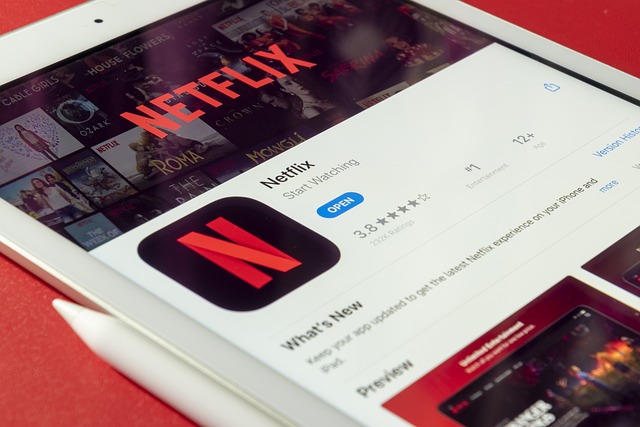The Streaming Revolution: How Online Services Are Reshaping Entertainment
The way we consume television and movies has undergone a dramatic transformation in recent years. Streaming services have revolutionized the entertainment landscape, offering viewers unprecedented access to a vast array of content at their fingertips. This shift has not only changed how we watch our favorite shows and films but has also reshaped the entire entertainment industry.

How have streaming services impacted traditional television?
The rise of streaming has significantly disrupted traditional television models. Cable and satellite TV providers have seen a decline in subscribers as more people opt for the flexibility and on-demand nature of streaming services. This shift has forced traditional networks to adapt, with many launching their own streaming platforms or partnering with existing services to distribute their content.
What types of content are available on streaming platforms?
Streaming services offer a wide variety of content to cater to diverse audience preferences. This includes:
-
Original series and movies produced exclusively for the platform
-
Licensed content from other studios and networks
-
Documentaries and educational programming
-
Live sports and events (on some platforms)
-
International content from various countries
The breadth of content available has expanded the horizons for viewers, exposing them to new genres and global perspectives that were previously less accessible.
How has streaming changed the way we consume entertainment?
Streaming has fundamentally altered viewing habits. Binge-watching entire seasons in one sitting has become a cultural phenomenon, enabled by the release of full seasons at once on platforms like Netflix. The ability to watch on multiple devices has also made entertainment more portable and personalized. Viewers can now enjoy their favorite shows on smartphones, tablets, or smart TVs, seamlessly switching between devices.
What are the benefits and drawbacks of streaming services?
Streaming services offer numerous advantages, including:
-
On-demand access to a vast library of content
-
Flexibility to watch anytime, anywhere
-
No advertisements on many platforms
-
Personalized recommendations based on viewing history
However, there are also some drawbacks:
-
The need for a reliable internet connection
-
Potential for overwhelming choice
-
The fragmentation of content across multiple services
-
Monthly subscription costs that can add up
| Service | Base Plan | Content Library Size | Key Features |
|---|---|---|---|
| Netflix | $8.99/month | 5,000+ titles | Original content, no ads, offline viewing |
| Hulu | $5.99/month | 2,500+ titles | Current TV episodes, original series, ad-supported |
| Disney+ | $7.99/month | 500+ titles | Disney, Pixar, Marvel, Star Wars content |
| Amazon Prime Video | $8.99/month | 20,000+ titles | Included with Prime membership, original content |
| HBO Max | $14.99/month | 2,000+ titles | HBO originals, Warner Bros. content, same-day theatrical releases |
Prices, rates, or cost estimates mentioned in this article are based on the latest available information but may change over time. Independent research is advised before making financial decisions.
The streaming landscape continues to evolve, with new players entering the market and existing services expanding their offerings. As technology advances and viewer preferences shift, streaming services are likely to remain at the forefront of entertainment innovation. The competition among providers has led to increased investment in original content and improved user experiences, benefiting consumers with more choices and higher-quality programming.
In conclusion, streaming services have fundamentally changed the way we consume movies and television. They have given viewers unprecedented control over their entertainment choices, challenged traditional media models, and opened up new avenues for content creation and distribution. As the industry continues to grow and adapt, streaming is poised to play an even more significant role in shaping the future of entertainment.






